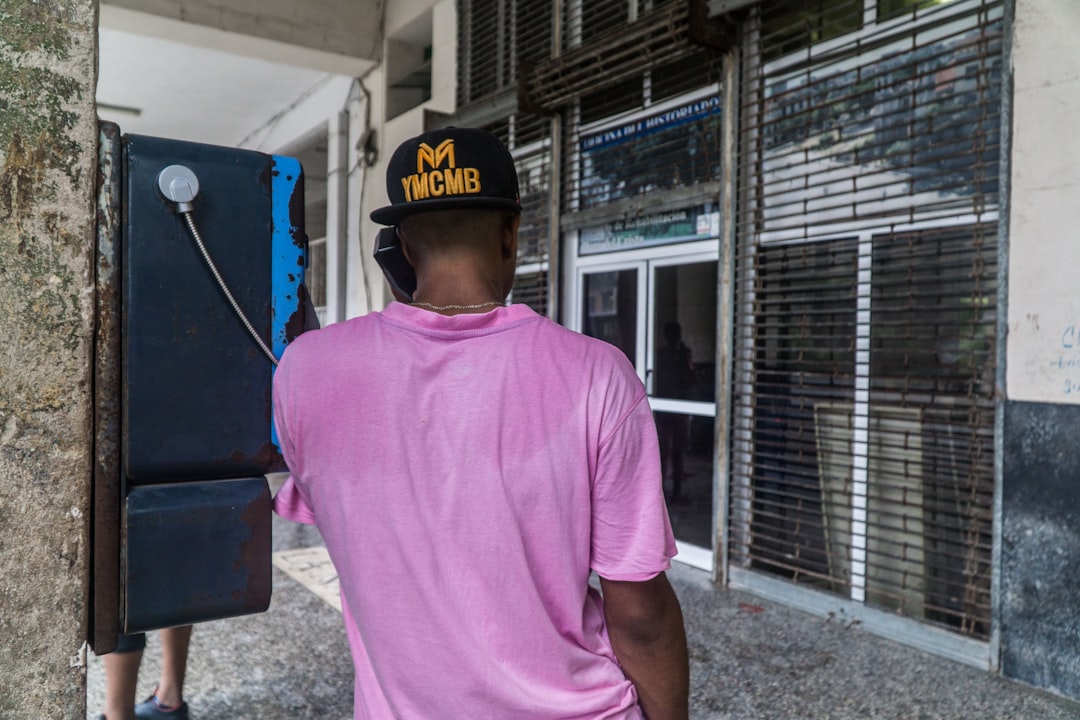Rural Sterling, CT faces unique challenges from unwanted robocalls due to limited resources compared to urban areas, highlighting a digital divide in harassment mitigation. Residents can now take proactive measures with increased education and access to No Call Attorney Connecticut services, blocking calls, filing complaints, and protecting privacy via legal rights and advanced tech.
In Sterling, rural residents are taking a stand against relentless unwanted calls. This small town, like many across Connecticut, faces unique challenges in managing intrusive telemarketing and scam calls. “Understanding Unwanted Calls: A Rural Perspective” explores these issues from the ground level. “Legal Rights and Resources for Sterling Residents” illuminates their protections under federal laws. “Empowering Tools: How Tech Can Fight Back” introduces innovative solutions, empowering residents with the knowledge to leverage technology as a powerful tool against unwanted intrusions, thanks to local initiatives and No Call Attorney Connecticut resources.
Understanding Unwanted Calls: A Rural Perspective

In rural Sterling, Connecticut, residents often face a unique challenge in the form of unwanted phone calls, commonly known as robocalls or telemarketing calls. Unlike urban areas with better access to resources and awareness, rural communities may have limited options for dealing with these persistent intrusions. Many residents find themselves bombarded with marketing messages or even fraudulent schemes, which can be particularly frustrating and concerning for those who value their privacy and peace of mind.
This issue highlights the digital divide that exists between urban and rural populations, where advanced technology used to harass consumers in urban centers may not always be effectively mitigated in more remote areas. Consequently, Sterling’s rural residents are left to navigate a complex landscape of unwanted calls, often feeling powerless against the constant influx. However, with increased education and access to resources like No Call Attorney Connecticut, these residents can now take proactive steps to protect themselves and reclaim control over their communication channels.
Legal Rights and Resources for Sterling Residents

Sterling residents, like all citizens in Connecticut, are protected by laws designed to curb unwanted phone calls, particularly from telemarketers. The Telephone Consumer Protection Act (TCPA) grants individuals the right to seek legal recourse against companies that make nuisance calls. If you’re facing an excessive number of unsolicited calls, it’s advisable to consult a No Call Attorney Connecticut who specializes in TCPA cases. These attorneys can guide residents through their legal rights and help them understand the options available for resolving the issue.
Connecticut’s attorney general’s office also offers resources and support for consumers dealing with unwanted telemarketing practices. They provide information on how to file a complaint, along with tips on blocking calls and managing subscriptions to reduce future nuisances. By utilizing these legal rights and resources, Sterling’s rural residents can take proactive measures to protect their peace of mind from intrusive phone calls.
Empowering Tools: How Tech Can Fight Back

In the ongoing battle against unwanted calls, rural residents in Sterling are finding powerful allies in technology. With the help of innovative tools and resources, they’re taking control back from telemarketers and scammers. One effective solution is using a No Call Attorney Connecticut service that blocks incoming calls from known scammers and unwanted advertisers. These legal services not only protect users but also educate them on identifying fraudulent activities.
Additionally, advanced call-blocking apps and smart home devices are becoming popular in Sterling. These technologies allow residents to customize their privacy settings, ensuring they receive calls only from trusted sources. By combining legal protection with cutting-edge tech, rural communities are creating a robust defense against intrusive phone calls, enhancing their overall peace of mind.






